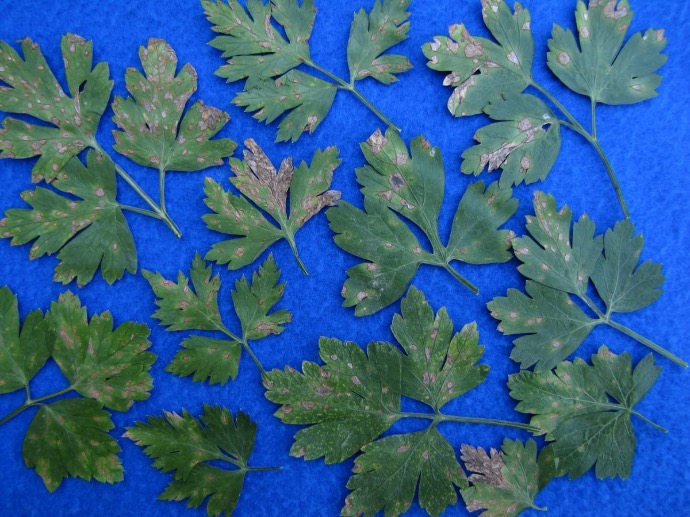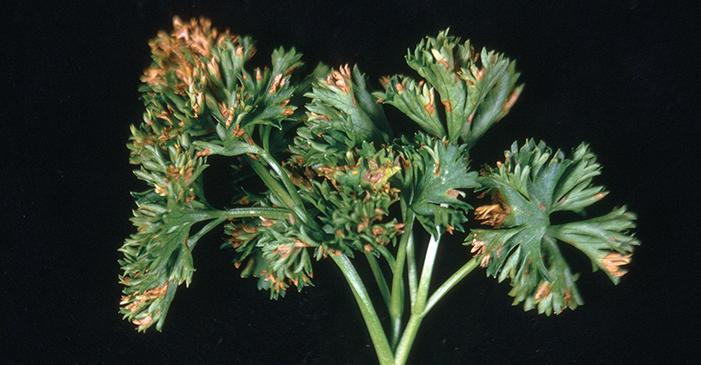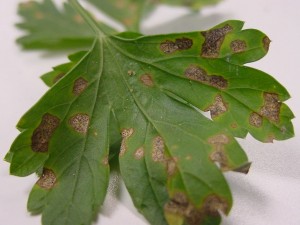Parsley
Parsley is a biennial, 6-12 inches tall, and frost-tolerant. It prefers well-drained, fertile soil in partial shade to full sun. Keep the soil moist. Parsley is both edible and has medicinal properties.

Habit
Biennal
Height
30-45 cm
Growth
slow
Soil
Well-drained, loamy
Shade
Partial shade to full sun
Moisture
Moist
Edible
Yes
Medicinal
Yes
Origin
Mediterranean, Europe
Climatic Condition
Temperate
Temperature (°)
10-20°C
Humidity (%)
60-80%
Potting media
Loamy, peat
Fertilizers
10:05:10
Watering
Regular, moderate
Plant Weight
50-100 g
Flowering Time
Spring, Summer
Soil Ph level
6.0 - 7.0
Water Ph level
6.5 - 7.5
Soil EC
1-2 dS/m
Yield Per Plant
Culinary (leaves)
NPK ratio
10:05:10
life Span
Biennial
Health Benefits
Rich in vitamins, antioxidants, digestive aid
Suggested Grow Media or Potting Mix ?
40% compost, 30% peat moss, 30% perlite
Suggested Fertigation/Fertilizers
Fertilize every 2 weeks with a balanced, water-soluble fertilizer.
Common Diseases and Remedies
Leaf blight, Septoria spp.
round or angular, flecked, sunken, or irregular spots on mostly older leaves,irregular brown spots, often beginning on the leaf margins.
neem oil,actinovate fungicide (mycorizha)
HEALTH BENEFITS
· Rich in vitamin C, K, and antioxidants, supporting overall health.
· Aids digestion and acts as a natural diuretic.
· Helps detoxify the body and improve kidney function.
· Supports heart health by reducing blood pressure.
What Is A Parsley ?
Parsley (Petroselinum Chrissum) is a flowering plant in the Carrotaceae family. It is a hardy biennial native to the central and eastern Mediterranean. Parsley is known for its aromatic, dark green leaves that are rich in vitamin A, vitamin C, and iron. It is also a source of flavonoids, antioxidants, folic acid, and luteolin. Parsley is an upright, strongly branched plant that can grow up to 0.8 m in height. It has green leaves and clusters of yellow-green flowers on the main stem.
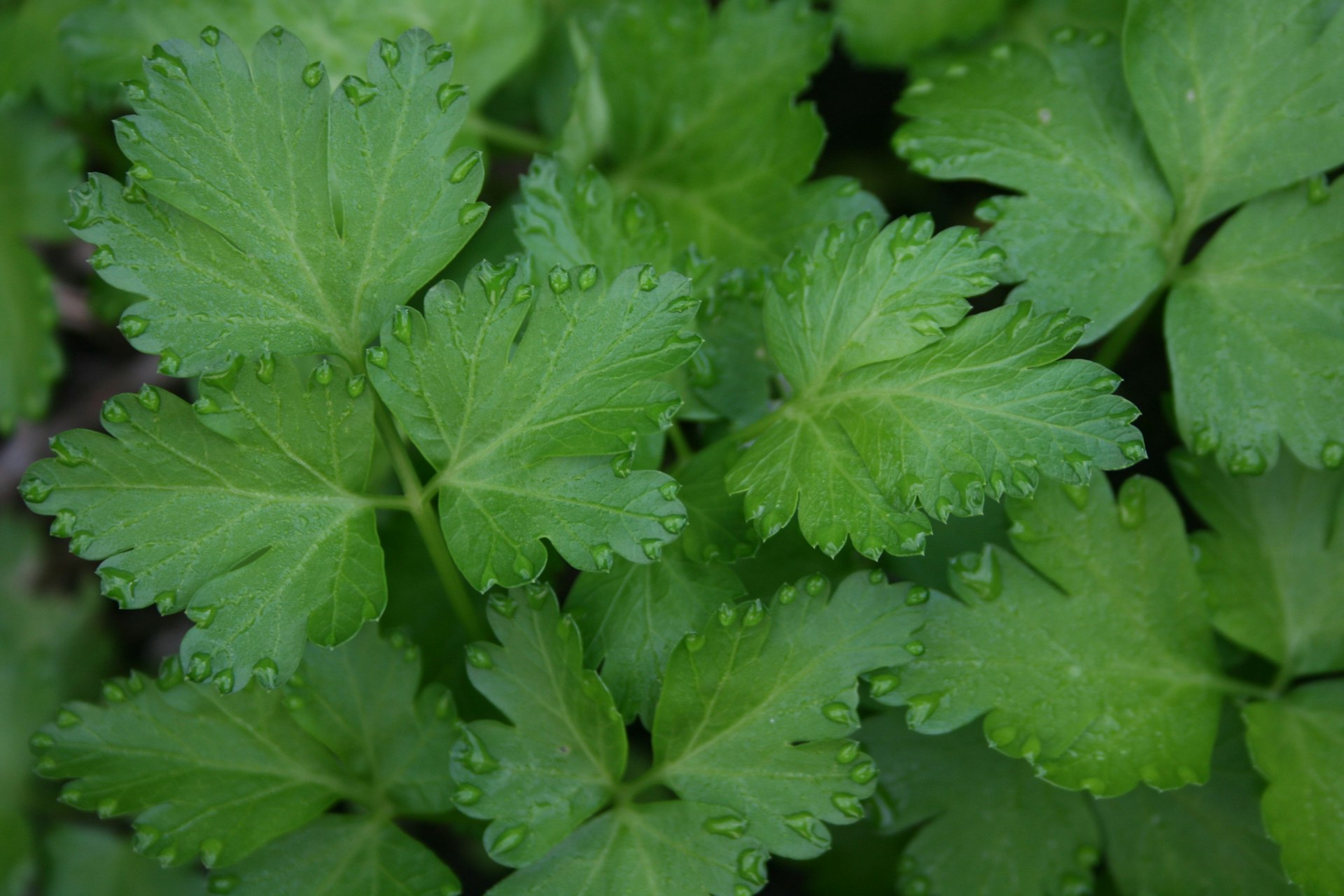
What Are The Different types of parsley ?
1.Flat-leaf parsley:-
Also known as Italian parsley, this variety has wide, flat, serrated leaves that are pale green. It is more aromatic than curly parsley and can be used in salads, soups, sauces, and salad dressings.
2.Curly Parsley:-
Also known as common parsley, this variety has thick, curly leaves that are pale green. It has a calm taste, but the bitterness increases over time.
3.Hamburger parsley:-
Also known as tuberosum, this variety is used for its beet-like roots, which can be roasted, fried, or chopped and added to soups and stews.
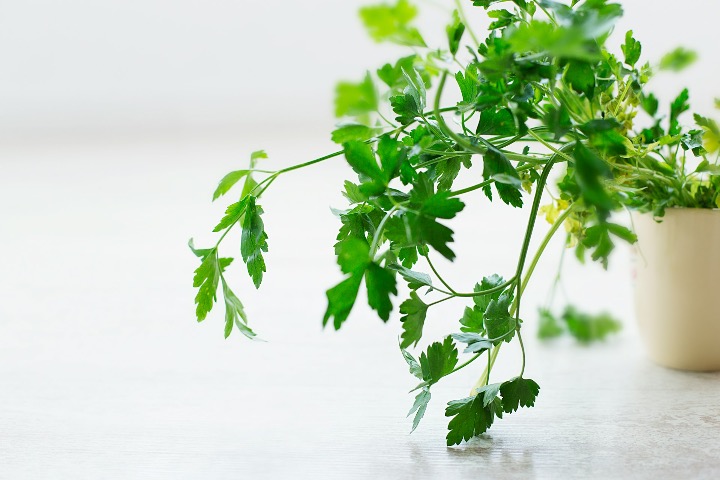
How do you care for parsley?
1.Location:-
Parsley grows best in full sun with 6 to 8 hours of direct sunlight per day. However, it can also tolerate some light shade.
2.Sunshine:-
Parsley grows in full sun to partial shade. If there is too much sunlight, the leaves will show signs of burning and drying.
3.Soil:-
Parsley grows best in moist, well-drained soil that is rich in organic matter. Seeds can be sown directly into the ground in rows 1 cm deep and 30 cm apart.
4.Hydration:-
Parsley requires a lot of water, especially in dry weather. Water deeply at least once a week or when the top inch of soil is dry.
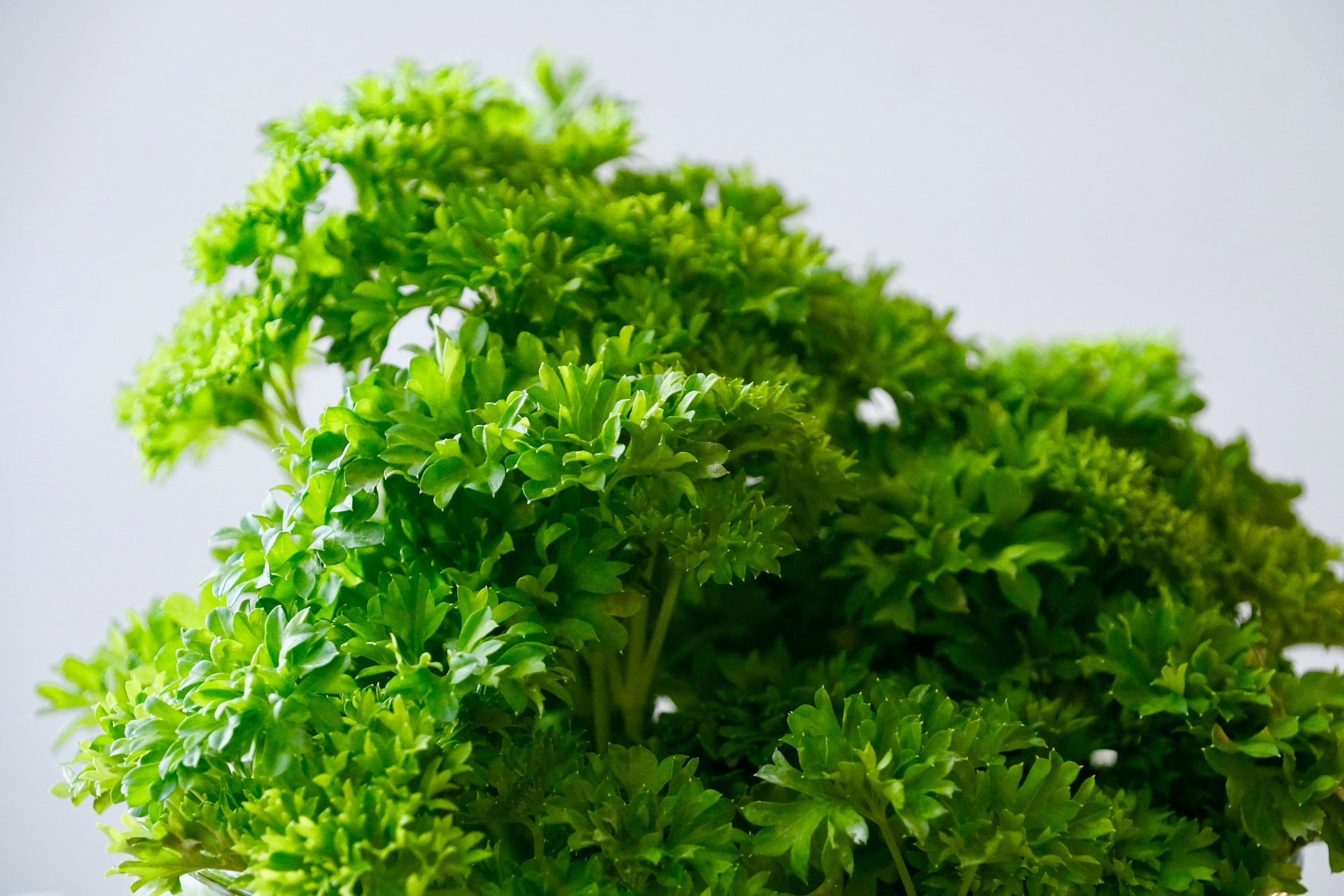
5.Nourshiment:-
Feed parsley regularly with soluble plant food to stimulate leaf production. A mixture of OCP-Eco-Algae and OCP-Eko-Aminogro can also be applied every two weeks during the growing season.
6.Issues:-
Fungal Diseases
Root and Crown Rot
What are the benefits of parsley plants?
Vitamin K
Antioxidants
Folate
Carotenoids
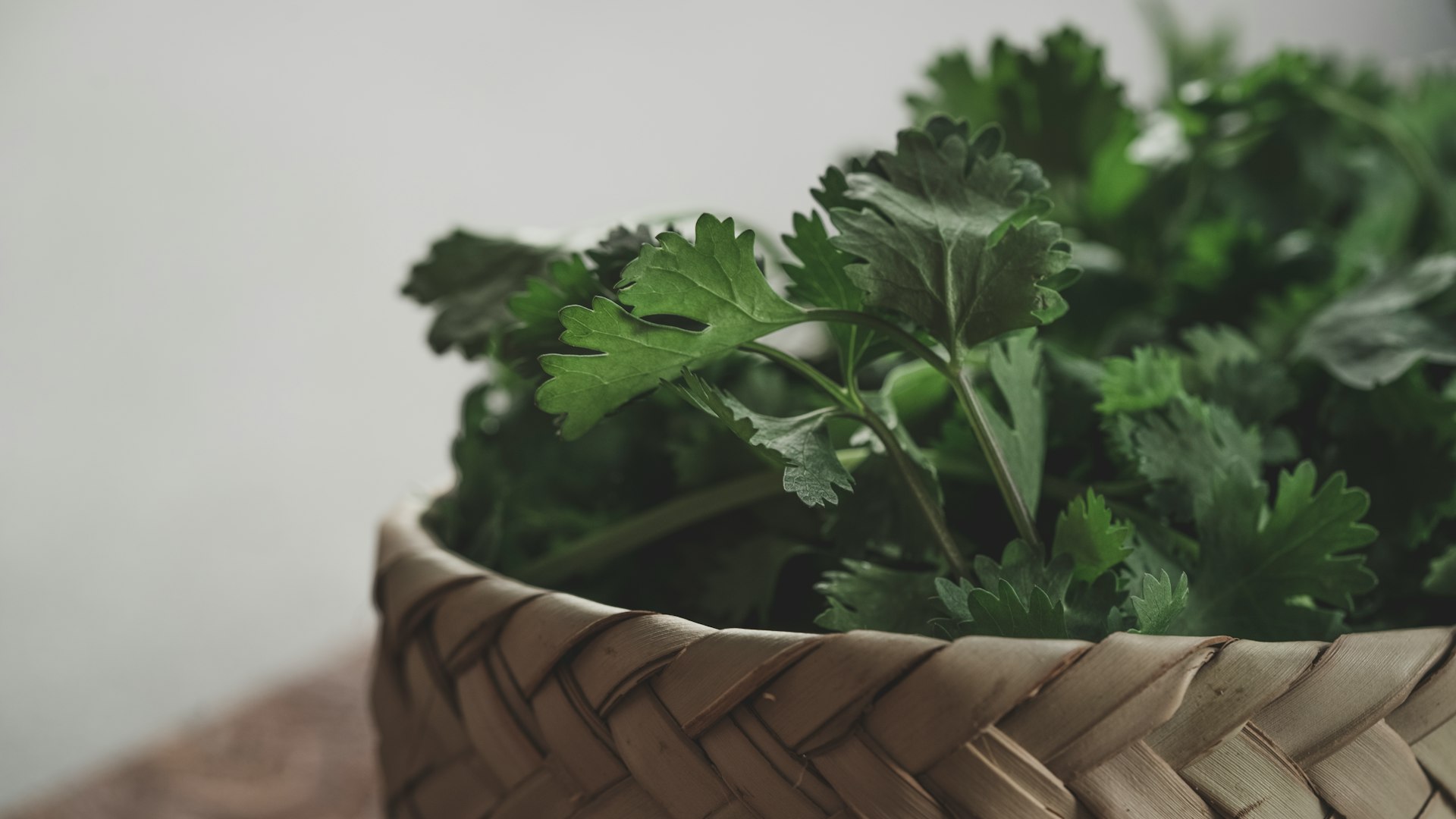
FAQ's About Growing Parsley
1. How do I grow parsley?
Parsley can be grown in containers or in the ground. It grows best in well-drained soil that is rich in organic matter.
2. Does parsley need sun to grow?
Like most herbs, parsley grows best in a sunny location with 6 to 8 hours of direct sunlight per day.
3. How do you care for parsley?
Once established, parsley requires little attention. Simply watering and weeding regularly and cutting off yellowing lower leaves will keep your plant looking good and encourage new growth.
4. Can parsley grow without soil?
An alternative to growing in soil is hydroponics. In other words, it is grown underwater, such as in a hydroponic box.
5. Does parsley need fertilizer?
When feeding parsley, it is important to use the right fertilizer. It requires moderate amounts of nitrogen and potassium, but only a small amount of phosphorus.

